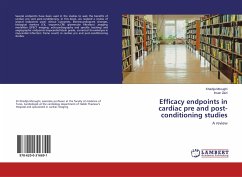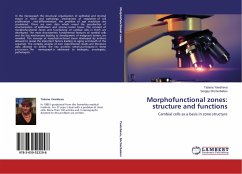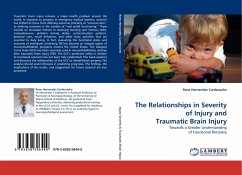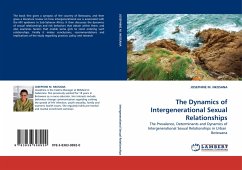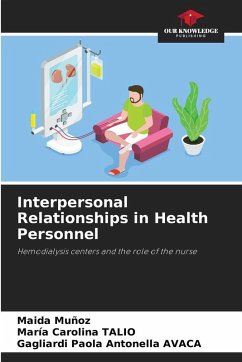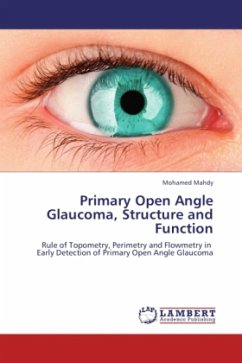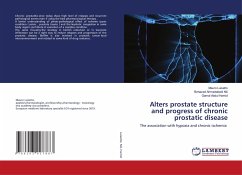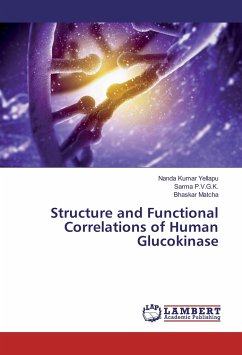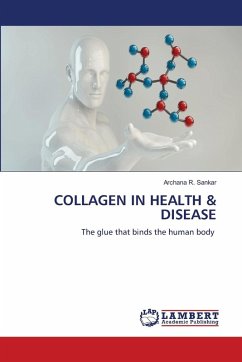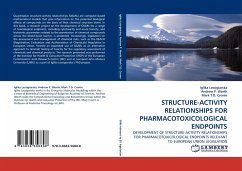
STRUCTURE-ACTIVITY RELATIONSHIPS FOR PHARMACOTOXICOLOGICAL ENDPOINTS
DEVELOPMENT OF STRUCTURE-ACTIVITY RELATIONSHIPS FOR PHARMACOTOXICOLOGICAL ENDPOINTS RELEVANT TO EUROPEAN UNION LEGISLATION
Versandkostenfrei!
Versandfertig in 6-10 Tagen
52,99 €
inkl. MwSt.

PAYBACK Punkte
26 °P sammeln!
Quantitative structure-activity relationships (QSARs) are computer-based mathematical models that give information on the potential biological effects of compounds on the basis of their chemical structure alone. In this book, a research project on the development of QSARs for a range of toxicological endpoints, including cytotoxicity and acute toxicity, and biokinetic parameters related to the penetration of chemical compounds across the blood-brain barrier, is presented. Increasingly, legislation on the assessment and management of chemical risks, such as the REACH (Registration, Evaluation a...
Quantitative structure-activity relationships (QSARs) are computer-based mathematical models that give information on the potential biological effects of compounds on the basis of their chemical structure alone. In this book, a research project on the development of QSARs for a range of toxicological endpoints, including cytotoxicity and acute toxicity, and biokinetic parameters related to the penetration of chemical compounds across the blood-brain barrier, is presented. Increasingly, legislation on the assessment and management of chemical risks, such as the REACH (Registration, Evaluation and Authorisation of Chemicals) Regulation in European Union, foresee an expanded use of QSARs as an alternative approach to (animal) testing of toxicity for the regulatory assessment of chemicals and chemical products. The research presented was performed at the Institute for Health & Consumer Protection (IHCP) of the European Commission''s Joint Research Centre (JRC) and at Liverpool John Moores University (LJMU) as a part of Iglika Lessigiarska''s PhD project.




